‘Work you to death’: How young people are fighting back against Japan’s ‘toxic’ work culture
For decades, people in the nation have literally been working themselves to death. Now, something major has shifted.
Think your work weeks are long? Try taking a job in Japan.
It’s the country where the workers refuse to be seen leaving the office. To the point you might see them dropping dead on their desk.
That’s no metaphor.
It’s called “karoshi”. Death by overwork.
That this social illness has its own special name shows just how pervasive it is.
For decades, Japan has been plagued by people driven to die early from the stress of their never-ending jobs.
The issue is even blamed for the country’s critically low birth rate and declining productivity.
Pressure on home soil and abroad has forced the government to do something about it. But critics say its not enough. And on the ground, we’re still hearing the same sinister story.
So young workers are taking matters into their own hands.
But what’s driving the brutal overwork culture?
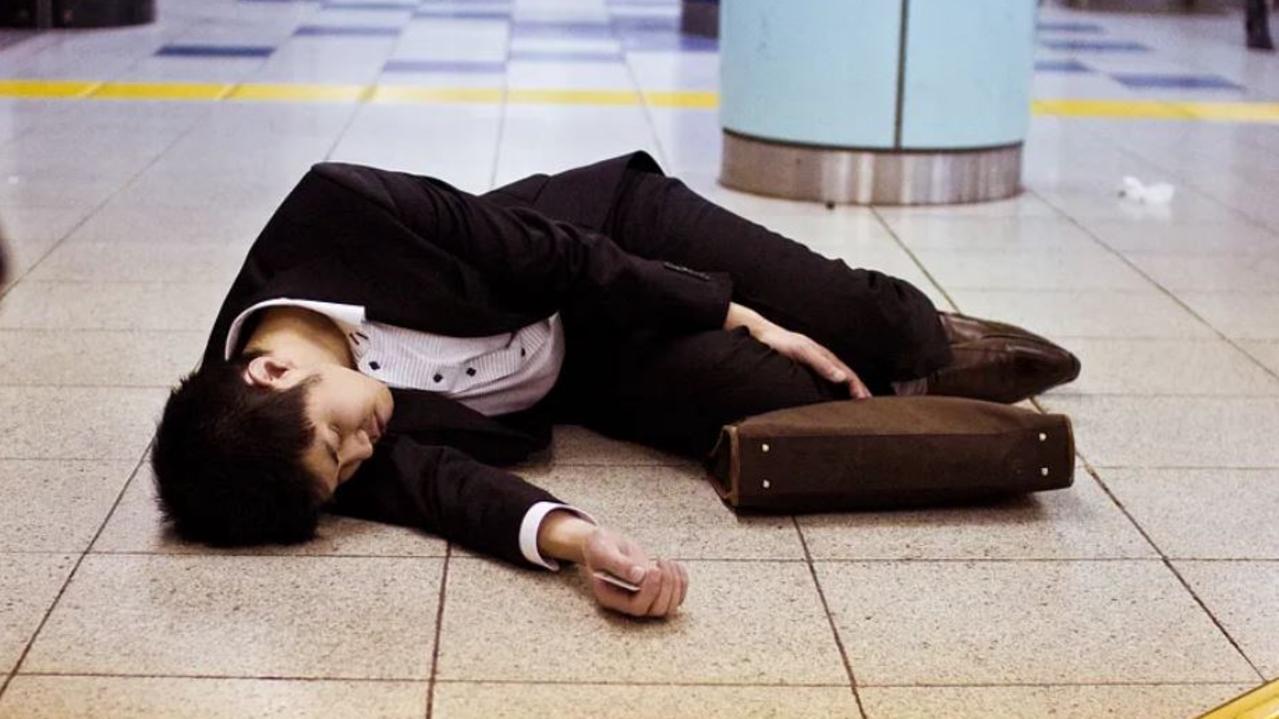
‘So exhausted’
Despite government claims of cracking down on exploitative employers, it seems there’s still more work to be done.
Employers have been taking to social media to lift a lid on just how demanding their hours are.
One recently viral video, from user Salaryman Tokyo, charts a gruelling day in the life. From his 7am wake-up to a 11.50pm dinner. That’s an 18.5 hour workday.
The man claims to work for what’s known as a “black company”. These sweatshop-style employers are notorious for demanding around-the-clock working hours.
According to the user, Salaryman Tokyo, black companies “focus on hiring fresh graduates because they are inexperienced and less likely to resist harsh working conditions”.
The man “finally” leaves work at 8.15pm, writing that he felt “so exhausted”. By the time he gets home, he can barely squeeze in dinner.
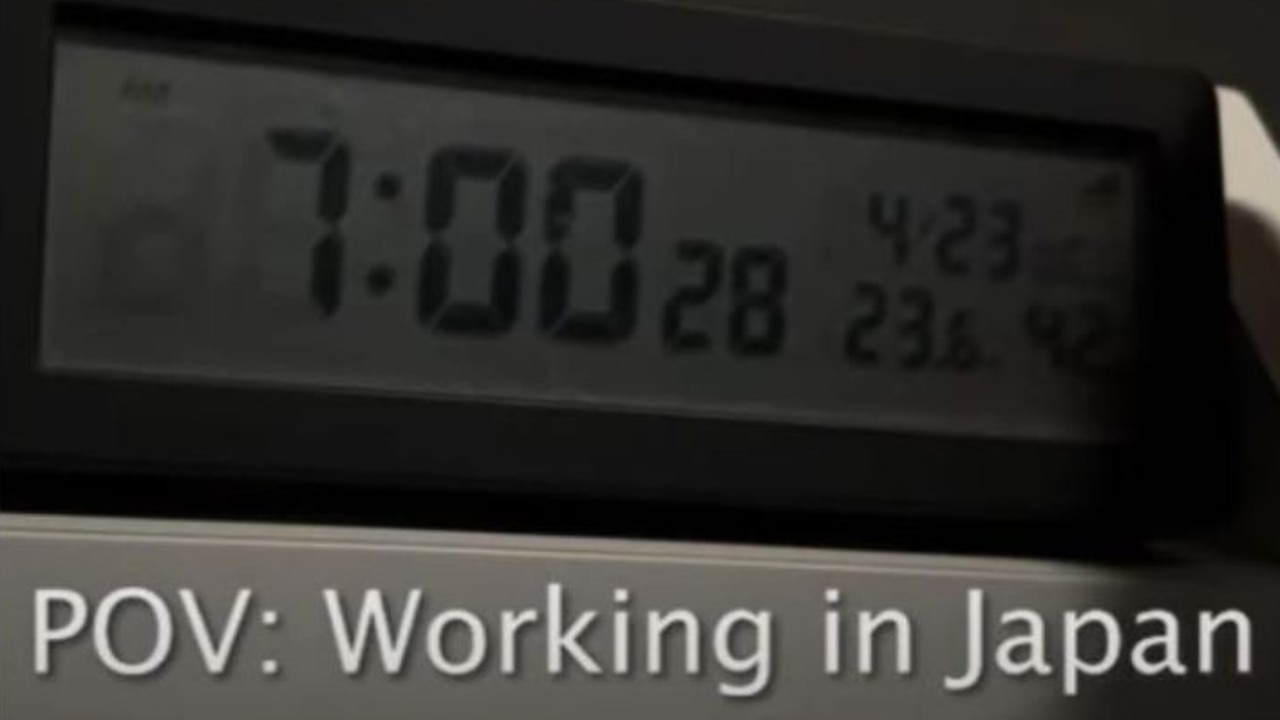
“Working long hours is not productive,” Salaryman concluded.
He’s not mistaken.
Rather than helping profits, overwork hurts them. Employers suffer low productivity, poor retention, absenteeism or unplanned leave, or the TikTok trend of “quiet quitting”.
So why has it taken so long to change?’

Corporate loyalty
Japan is a big believer in corporate loyalty.
Most workers will rarely switch companies or careers once they’ve scored a position.
But that’s not enough. Because the real measure of your loyalty is how long your feet spend under your desk.
Japan’s rapidly-ageing population plays a part.
In 2024, the country recorded its ninth straight year of birthrate decline, with the number of babies born falling to a record low of 720,988.
For every new baby born, more than two people died.
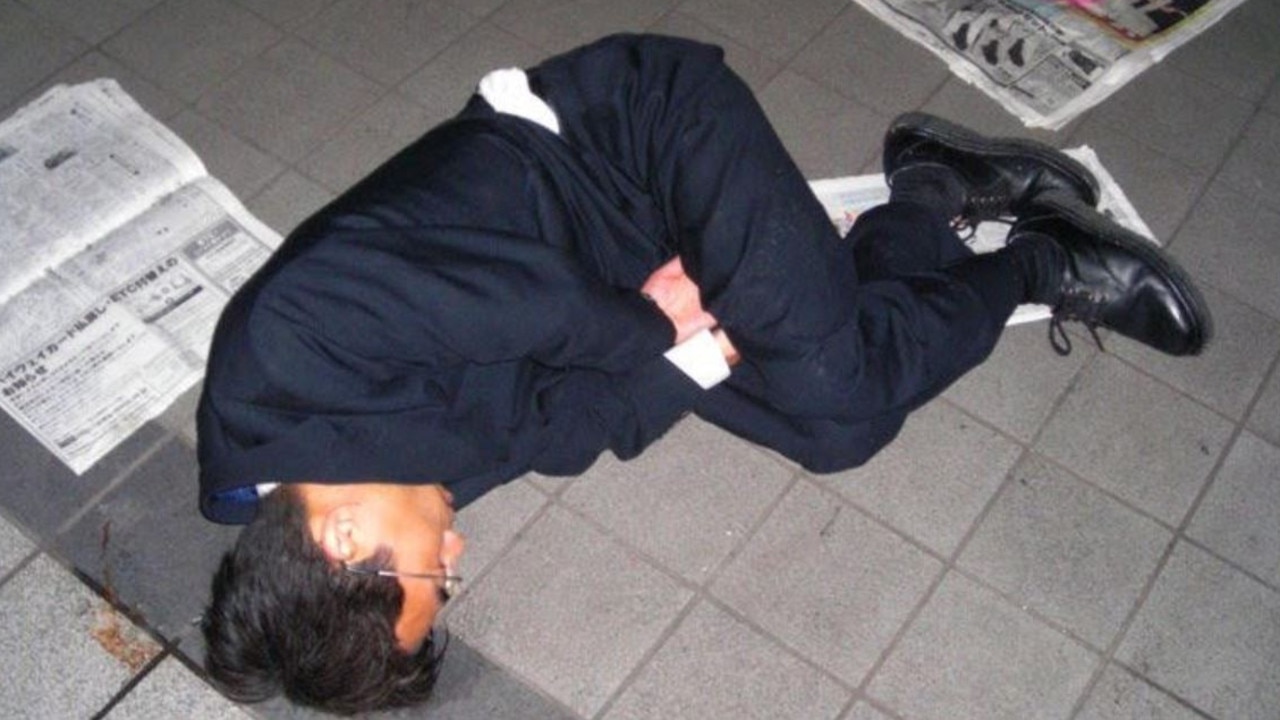
This phenomenon has left many employers grappling with labour shortages.
To combat this, “black companies” use a bait-and-switch approach. They advertise a role with reasonable working hours, then offer a contract with much longer hours to the successful applicant.
These hours may run overnight or on weekends, with no overtime pay.
It’s also frowned upon for workers to go home before their boss. Working overtime for free is the norm.
This means many workers clock up 80-hour weeks, year-round
To put it in perspective, in Australia full-time employees work an average of 38 hours.
Japanese workers also rarely take days off. Japan ranks among the lowest allotted annual leave benefits of any country in the world.
As Japanese reporter Himari Semans told ABC News, “[It’s a] toxic work culture”.
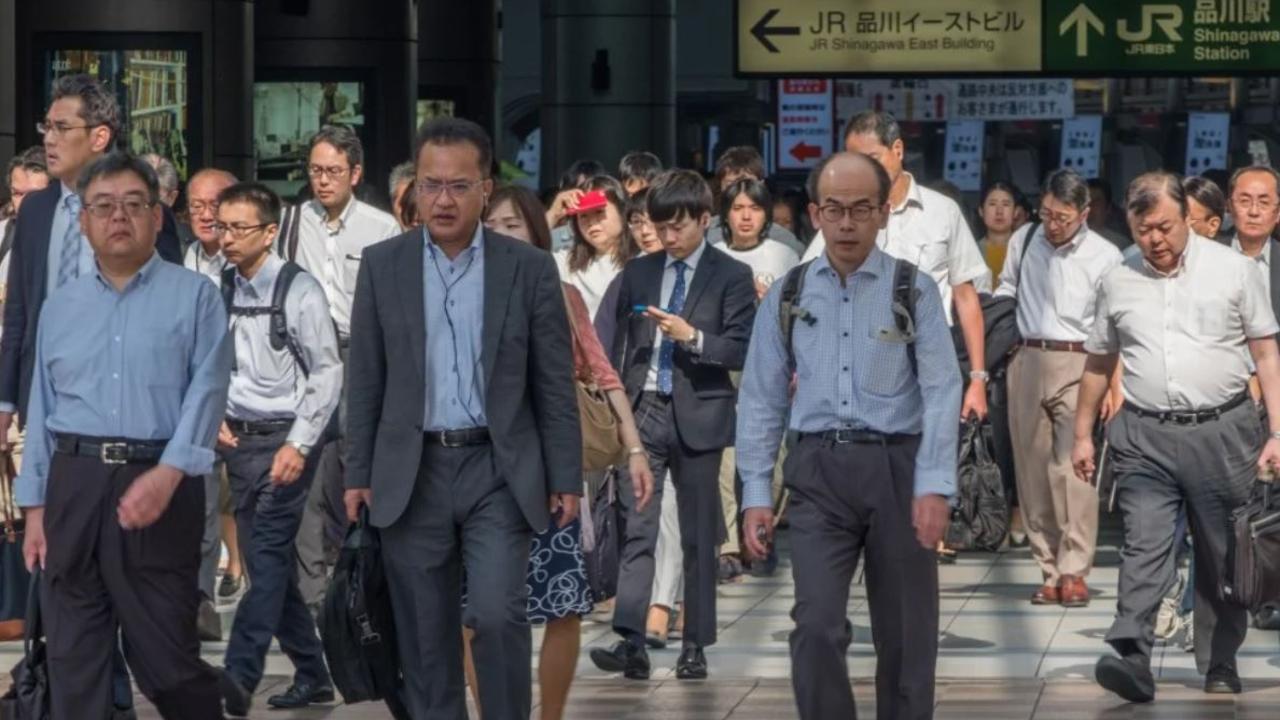
Burnout cycle
This burnout cycle takes a corrosive toll.
Over sustained periods, overwork can cause high blood pressure, high cholesterol, and other conditions contributing to chronic disease.
Not to mention poor mental health and exhaustion.
That’s why it’s so common to see salarymen – a term for Japanese businessman devoted to their jobs – dozing on Tokyo’s train system. But behind closed doors, the reality is much darker.
Grinding themselves to the ground, Japan’s workers are suffering stress-induced heart attacks, strokes or starvation.
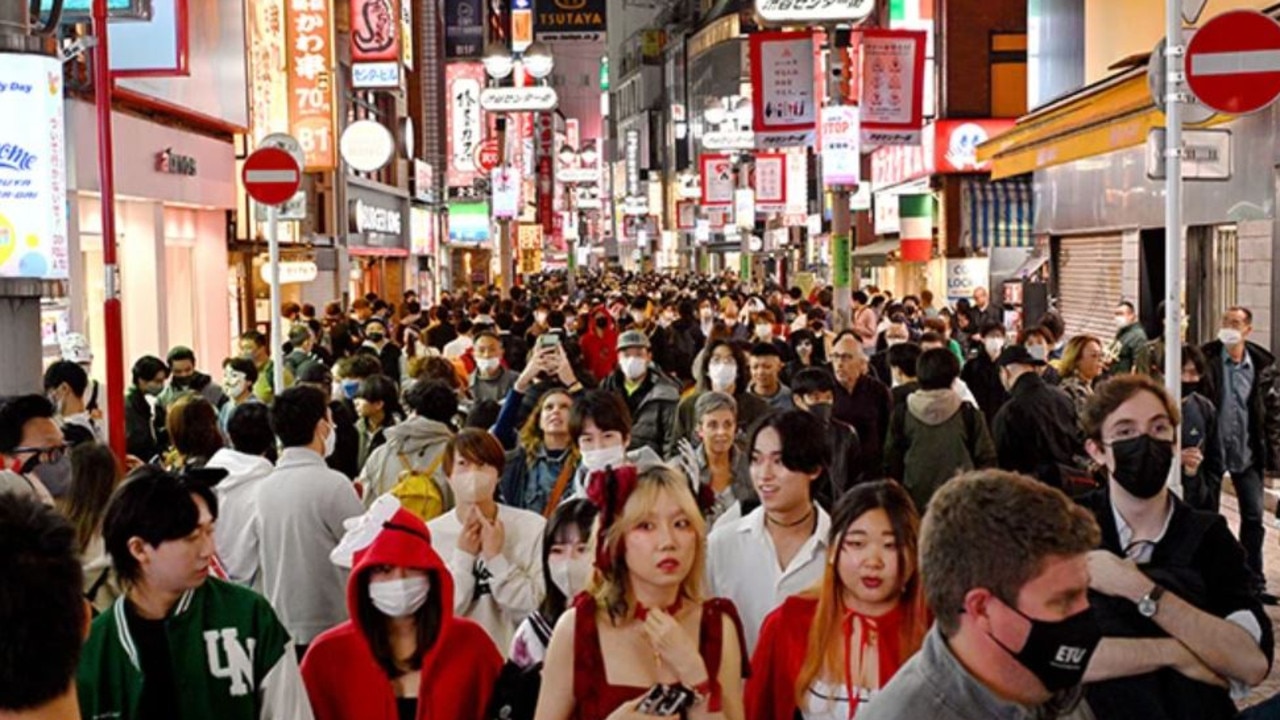
Official figures put cases of karoshi between hundreds and thousands each year. But experts say the real number is much higher.
Many of these deaths are by suicide, another tragic side of the story.
Breaking point
It was the case that finally brought change.
In perhaps the highest profile examples of karoshi, a 26-year-old doctor died by suicide in 2022.
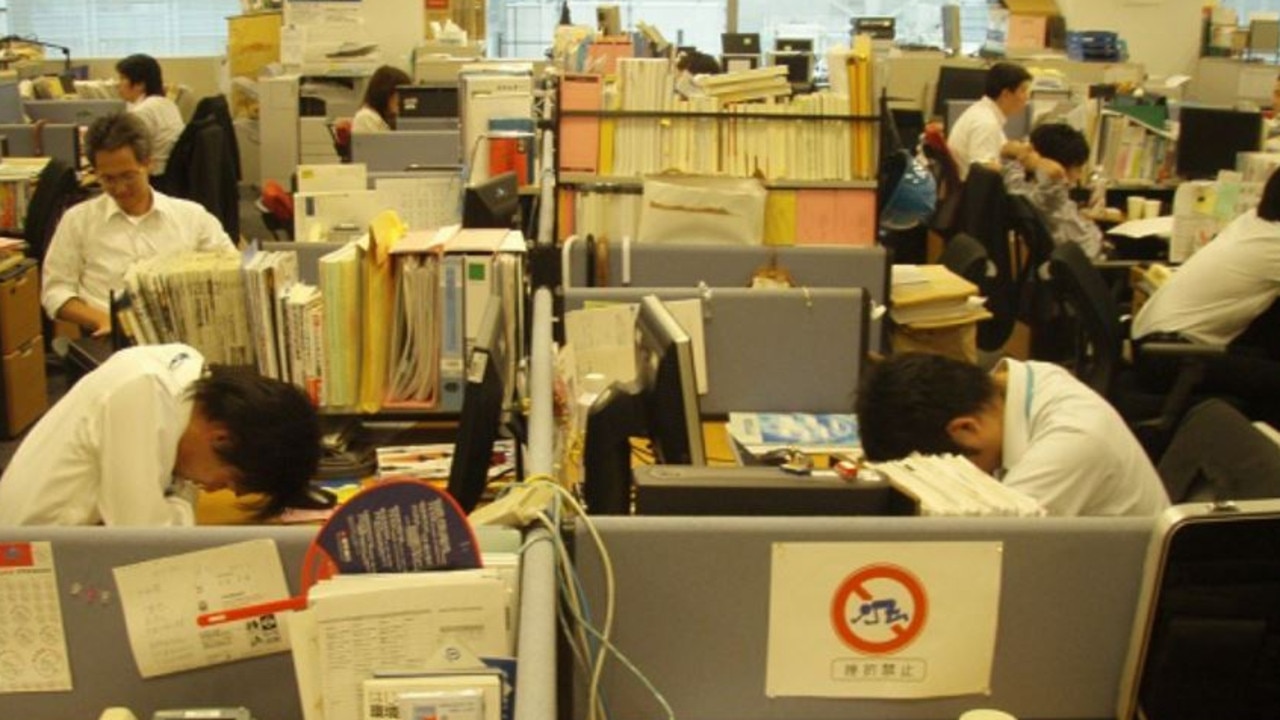
Shingo Takashima, 26, was later found to have worked 100 days straight and 207 hours of overtime in the month leading up to his death.
The hospital where Takashima was employed denied his death was professionally related.
But the backlash wouldn’t go away.
To tackle the problem, the Japanese Government planned sweeping employment law reforms.
They recently offered employers a half day off on the last Friday of each month, and started naming and shaming “black companies”

In April, amended laws came into effect requiring companies to offer flexible work options including a four-day work week.
But not everyone is convinced.
“(I) heard Japan is implementing (a) four-day work week” Salaryman Tokyo says in his video. “Guess that was just rumours. My work schedule didn’t change at all this year.”
The government claims more change is coming. But younger workers aren’t sitting around waiting for it.
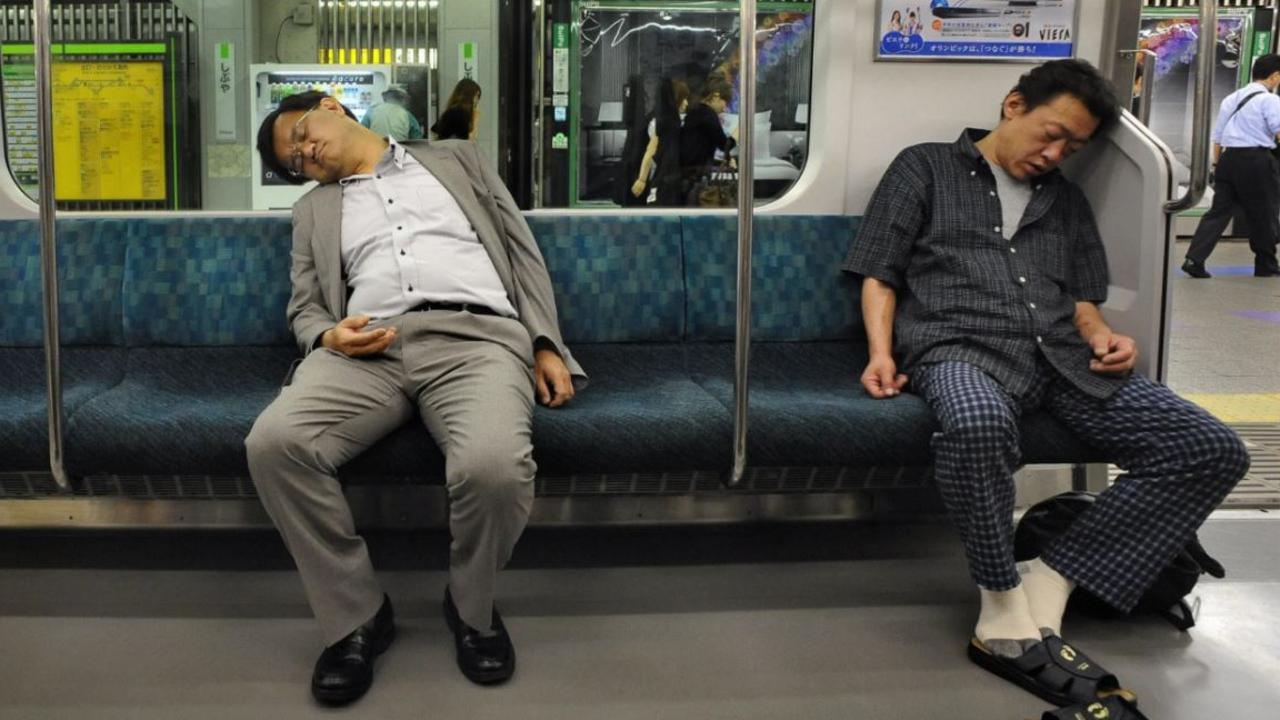
Doing less
According to a new survey, 45 per cent of full-time employees in Japan now identify as “quiet quitters”.
The trend, which first went viral on TikTok in 2022, is about helping workers avoid burnout by doing the bare minimum.
The survey of 3000 Japanese workers by job-matching company Mynavi found the quiet quitting was most common with young workers, with 46.7 per cent of those in their 20s identifying as quiet quitters.
This reflects the global trend for Gen Z workers opting for work-life balance.
“As values are becoming more diverse, it’s important for companies to accept the diverse values of individuals and offer flexible work styles that fit them,” says researcher Akari Asahina.
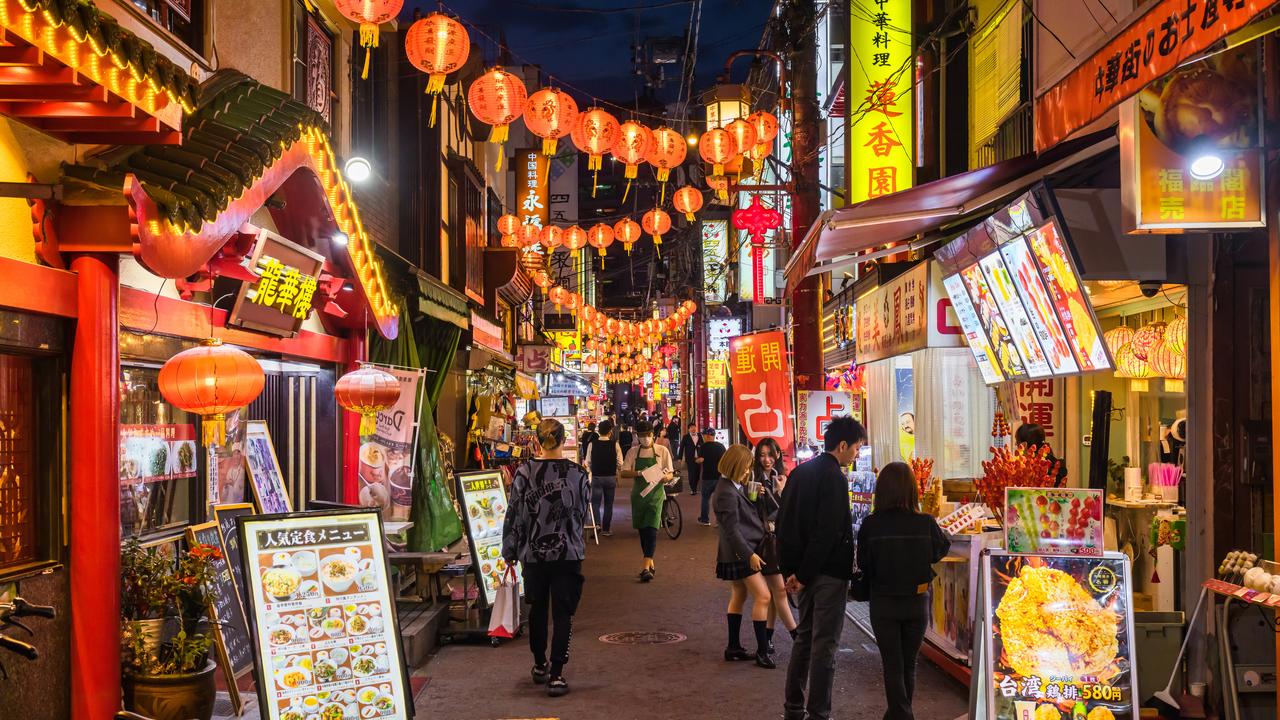
Leading light
The rest of the world is watching closely.
Because overwork – and even karoshi – are not uniquely Japanese.
According to a 2021 study by the World Health Organization and International Labour Organization, approximately 750,000 people who worked more than 55 hours per week died from karoshi globally.
In Australia, full-time employees work an average of 6.2 hours on top of the standard 38 hours each week. That’s a worse work-life balance than New Zealand, the United Kingdom and the United States. And our numbers are surging.
So Japan should be a cautionary tale.
Because while many sides of Japanese culture are worth emulating, death from overwork is not one of them.
Nelson Groom is a freelance writer. His novel The Auction is coming soon. Learn more on his Instagram.






